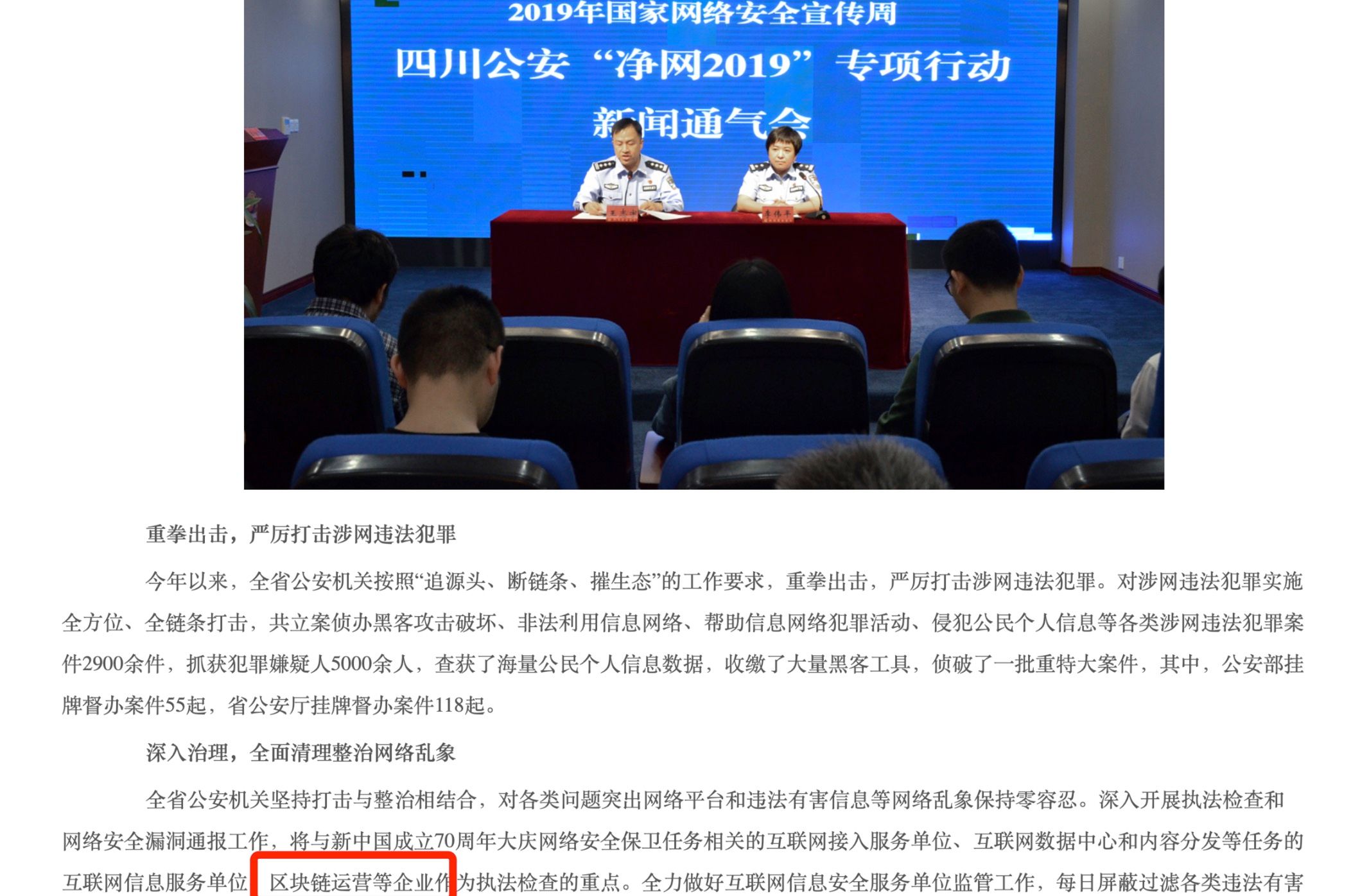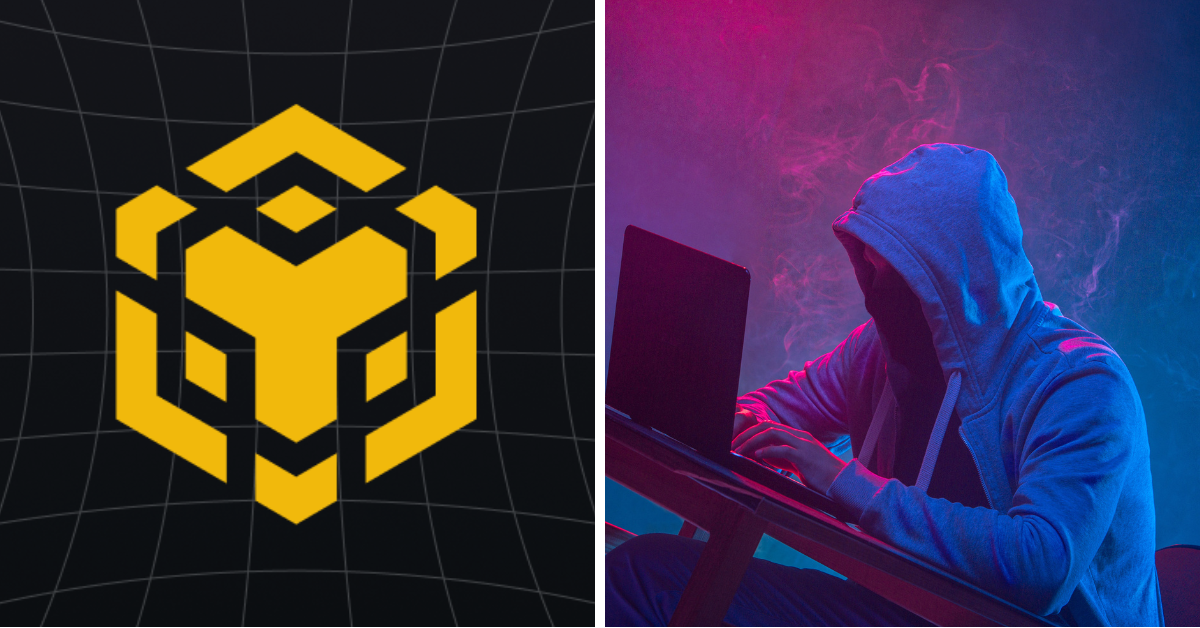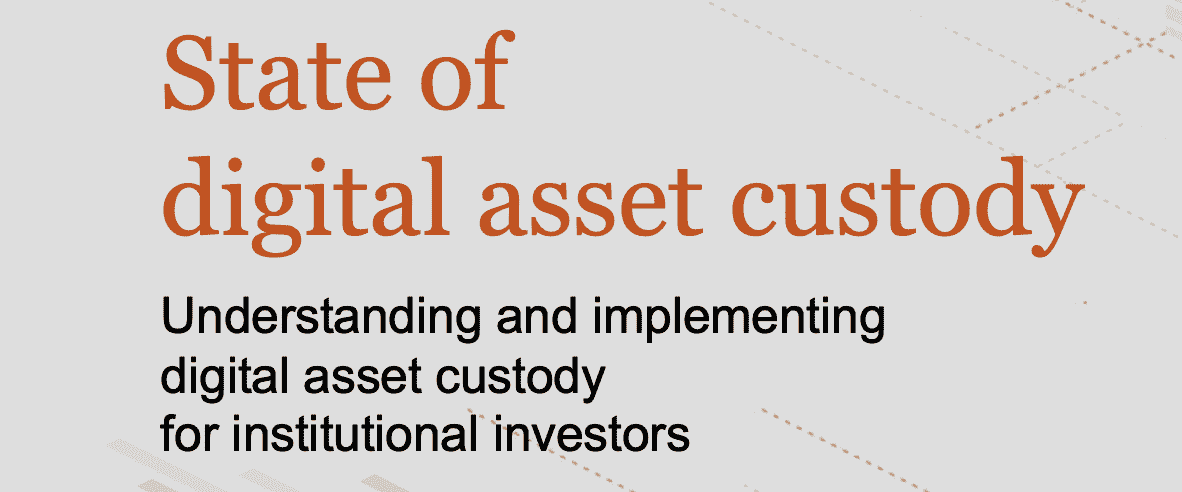Research|Lawyers' Views: Staking Economy Legal Risk Analysis and Response (I)
What does the Staking economy mean by law? What are the legal risks of the Staking economy? Is the claim of digital currency mortgage or pledge recognized by law? How do digital currency wallet eco-service providers in the blockchain field carry out compliance work and prevent risks?
The chain lawyer team wrote two articles for Staking economy. This is the first part of this series. It mainly analyzes the legal issues of staking economy. The next article will propose solutions and solutions for legal risk prevention and control.
Recently, big data head enterprises with the shield technology, konjac technology and state-owned Tianyi credit, plus the blockchain enterprise public trust that was checked in the past few days, the malicious network reptiles have been cleared, the government departments have protected personal information and The regulatory attitude of data compliance is determined and strengthened.
At the same time, the relevant departments have entered the final stage of the special governance activities for the one-year special access to the user information app, and the governance has been continuously increased. For the release and implementation of policies for personal information protection and data compliance, it has also entered a blowout period.
- Discussion on the token model: Is the token price related to the adoption phase?
- Analysis: 8 ways in which Bitcoin may fail
- Viewpoint | Bakkt myth is being pierced? The disadvantage of not being a teacher does not mean that Bitcoin futures have become a "water dog"
A few days ago, when Gongxinbao was investigated, everyone was surprised at the same time, and also lamented a blockchain enterprise. The problem was not because of virtual currency, but because of big data. At the time, the team of chain lawyers mentioned in the writing that this was not an accident, not a hole in the wind, because the boots of supervision were gradually falling. In addition to currency financing, data non-compliance may become another red line in the industry.

At present, there are many contents of introduction, analysis and report of staking, but there are few articles about legal analysis of staking. How staking this behavior is legally defined is directly related to the application of the law, and thus to how the blockchain enterprise conducts compliance work.
For the blockchain community adopting the POS (proof of stake) consensus mechanism, the more virtual currency is held, the greater the probability of becoming a verification node and obtaining corresponding benefits. For the sake of maximizing revenue, Staking economy emerges as the times require.
The operating model of staking economy is:
“Node service providers (including wallets, trading platforms, professional service providers, etc.) accept the entrustment of the holder of the currency, and as a blockchain project verification node, they are rewarded by means of block-out or proxy election. The reward includes transaction fee and block. Reward dividends and entrusted management fees. At the same time, the holders obtain certain Staking interest through pledge, entrusted locks, etc."
According to Pang Lipeng, a team of chain lawyers, from the legal point of view, the above operation process can be understood as: the original holder transfers the virtual currency held by him to the node service provider, and the node service provider manages it, and the node service provider collects a certain amount. Fees. The node service provider is obliged to transfer the proceeds to the original holder. After the expiration of the fixed term (locked warehouse), the original holder has the right to request the node service provider to return the previously transferred virtual currency.
The essence of staking is that "coin rights are rights."
Under normal circumstances, everyone thinks that it may be expressed as a mortgage or pledge a certain number of certificates, and participate in the pos-pass ecological activities to obtain income. Mortgage or pledge itself is nothing to be said as a circle of arguments, but the two terms are legally defined and defined.
What is staking from a legal perspective?
First of all, staking is not a legal mortgage or pledge.
Ordinary people often refer to the behavior of the original holder transferring the virtual currency they hold to the node service provider as mortgage or pledge, but the legal mortgage or pledge refers to a guarantee behavior, which refers to the guarantee of the main creditor’s right. The realization that the creditor and the mortgagor or the pledgee agree that when the debtor fails to perform the debt, the creditor has the right to deduct the price of the mortgage or the pledge property according to the law or to preferentially be compensated for the auction or sale of the property.
Therefore, Liu Lang, a team of chain lawyers, believes that since there is no so-called main credit right in staking, there is no way to mortgage or pledge. If it is not considered to be a mortgage or pledge, then the laws and regulations on mortgages and pledges are naturally not applicable. If there is a dispute between staking operators and investors due to staking, there will be great uncertainty in the application of the law and the results of the judgment. Sex.
From the economic point of view, the number of shares or virtual currency held by the right holder is relatively fixed, but the value of these shares or virtual currency is constantly changing with the market. Of course, there is also a clear difference between equity and people's rights to virtual currency. Equity is the legal right of shareholders to the company based on capital contribution. The rights that people enjoy on virtual currency are not derived from legal provisions, but from " consensus".
Thirdly, if the node service provider operates or disposes the virtual currency transferred by the principal, it is possible to establish a "borrowing or entrusted financial relationship" between the principal and the node service provider.
For the loan relationship, “guarantee” is the proper meaning, but there is a statutory limit on the interest rate. According to the relevant judicial interpretation, in the loan legal relationship, the annual interest rate higher than 36% is not protected. Of course, the judicial interpretation is aimed at the legal relationship of monetary funds and lending, and further research and discussion is needed on whether virtual currency is applicable.
If you do not consider the guarantee of staking, the difference from the conventional legal currency entrusted financial management.
For the entrusted financial relationship, the “guarantee clause” may be deemed invalid. Some courts held that: "(the contract) stipulates that the principal does not bear the risk of loss of the principal, and the nature of the guarantee clause shall be an invalid agreement. The bottom clause is the core clause of the entrusted financial contract, and the guarantee clause is invalid, resulting in the overall invalidity of the contract. (See, Tang Yingying Huang Wei, investment and financial management are risky, the judge said that the case came to the trick, contained in the "People's Court News" September 9, 2018, the third edition).
It should be pointed out that according to the provisions of the Contract Law, after the contract is invalid or revoked, the property acquired by the contract shall be returned; if it cannot be returned or is not necessary to be returned, it shall be compensated at a discount. The party that is at fault shall compensate the other party for the losses suffered by the other party. If both parties are at fault, they shall bear corresponding responsibilities.
Some courts believe that in the private entrusted financial management contract, although the guarantee clause is an incentive and restriction mechanism set by the two parties in the legal form of the autonomy of meaning, it is based on the basic principles of the civil and commercial law, the legal prohibition regulations and the market. The basic law, the people's court should determine that the type of guarantee clause is invalid, and the losses should be reasonably distributed according to the principle of fairness and the degree of fault [Case No: (2014) 岱商初字第815号, (2015)泰商终字第382 number】.
In addition, since the virtual currency is completely controlled by the node service provider, in the absence of supervision, the node service provider may be able to use a high rate of return bait to form a Ponzi scheme by borrowing old and new methods (such as many wallet products running away). ). Therefore, for investors, it is still necessary to choose a platform with strong credibility.
From the operator's point of view, the behavior related to virtual currency investment has obvious financial attributes. The relevant financial market regulations have the possibility to apply to such behaviors. Disrupting the financial market order may also constitute a crime. Therefore, staking Compliance risks in the economy have always existed.
The uncertainty of the blockchain industry policy, coupled with the recent surge in personal information protection for App access to personal information at the national level, has made it necessary for companies around the digital currency wallet to carry out relevant ecological services to carry out a series of compliance. jobs.
We will continue to update Blocking; if you have any questions or suggestions, please contact us!
Was this article helpful?
93 out of 132 found this helpful
Related articles
- Zuckerberg talks about Libra: The biggest concern is to make sure that you can do it.
- The world's six "blockchain smart cities" are now in their infancy: China accounts for 2, who will represent the future direction
- Bitcoin's current plunge is the "last fall" before the bull market, and the last chance to get on the bus?
- MakerDAO multi-asset mortgage Dai's evolutionary road
- Based on privacy computing technology, the new generation alliance blockchain platform PlatONE is officially launched
- Pivot ERC20 Altcoin: Most high-yield tokens are concentrated
- The secret of the mining machine chip: a wonderful story from the atomic structure






